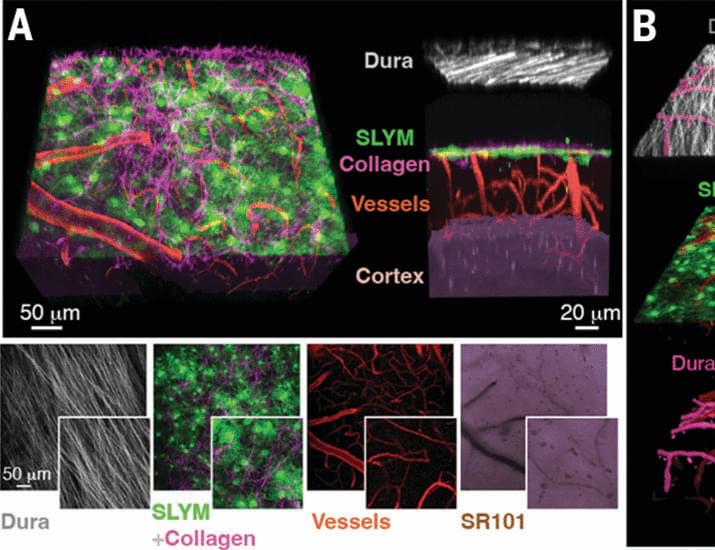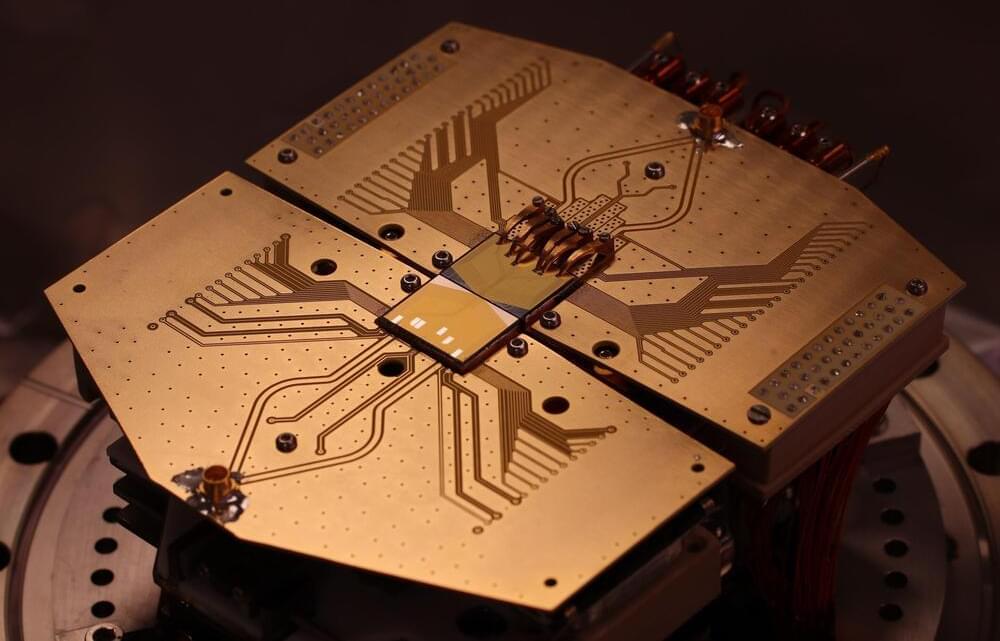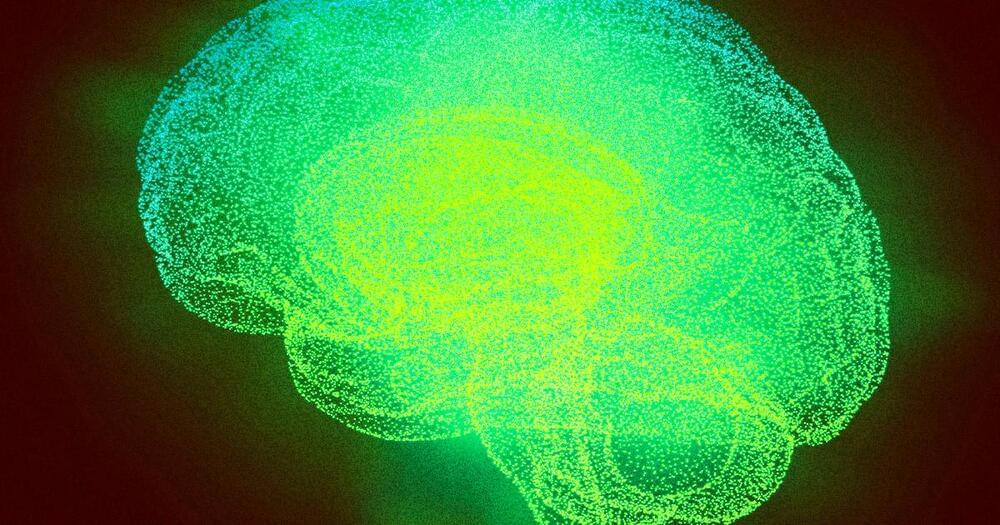The advancement in technology has resulted in organizations relying on programming languages like never before. With programming in place, organizations are in a position to achieve their business goals way easier than before. If you are aspiring to become a good programmer then it is important to have a fair understanding as to which are the most in demand programming languages in the market. In this article, we will talk about top 10 open-source programming languages you should know in 2023.
Python
Python is a server-side language that has a wide range of applications to boast about. Be it simple scripting or advanced web applications, Python has got you covered. Python has made it way easier for the developers to use various programming styles including reflecting, functional, etc. It is considered one of the easiest and most marketable programming languages to learn.




